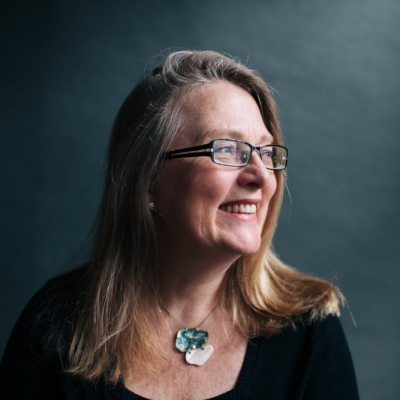Action learning conversations: Being me, now
10am-12pm: 10th May, 13th June, 11th July, 6th September, 31st October.
We start by sharing stories in a safe, facilitated space. By bringing our experiences into awareness, we learn about ourselves. By listening, we learn about others. This increase in awareness establishes where we are now – and allows us to explore alternatives.
With the right level of challenge and support, we see ourselves as an open-minded observer. This helps us consider different ways of thinking, feeling and behaving. We can understand what works and what doesn’t.
This is action learning, which encourages accurate self-assessment and an increase in flexibility, adaptability and, ultimately, authentic change.
These two-hour workshops are an ideal way to look at what’s important to us – in an informal way – where the learning can be rich, deep and nourishing.
What is an action learning set?
It has one 'Problem-Owner', a group of 'Set Members' and an Action Learning Set Facilitator.
The time is split equally between people who would like to bring a problem/issue to the group (20-30mins per person). The Problem Owner comes to the group with a commitment towards wanting to find the next step, which will be action. Time is set aside at the end to ‘process’ the Set.
Problems should be signficant and reasonably urgent to the Problem Owner. It could be an issue, challenge or task that they’re dealing with currently, or something less tangible that they’d like to explore. The resolution of the problem should be of high importance to the Problem-Owner. They will expect to have 20-30 minutes in which the Set Members will support them.
Set Members commit to giving their attention and interest to the Problem Owner. They will actively listen to the Problem Owner in ‘action’; ask open, non-leading questions; and, at the request of the Problem Owner only – share their own experience.
Step 1: The Problem-owner outlines an issue or problem. Set members use active listening to encourage the problem-owner to speak more (eg. reflecting back the problem owner’s words, paraphrasing, clarifying, summarising). This allows the whole Action Learning Set to establish a deeper understanding of the problem/issue.
Step 2: Set Members ask the Problem Owner open, non-leading questions to get a clearer understanding of the problem. What’s causing/driving this? How do you know? How do others involved see it? What was your reaction? What happened next?
Step 3: At the Problem-Owner’s request only, experience can be sought from the other Set Members. Members are invited to share a similar experience and tell the Problem Owner how they acted on it. (This is strictly time-limited) The Problem-Owner listens without taking part.
Step 4: As the Problem Owner begins to look towards Action, Set Members seek to get a clearer understanding of the action. What can you do to improve the situation? What do you need to do to resolve this? What other options do you have? What else might you do? Do you need to prevent it happening again? What have you learnt from this?
Step 5: The Problem Owner sets out a plan of action. (In an Action Learning Set, where members meet reguarly, the Problem Owner would report on progress at a subsequent meeting - and may delve further into the issue to plan more actions.)
Step 1-5 are repeated with each Problem Owner (20-30 minutes each).
Step 6: Process. Some questions for all Set Members to reflect on, so they 'process' the Action Learning Set. What was going on for me during the Set? What role was I playing? What did I feel; and at what particular point?
What did I observe myself doing/saying that:
a) I felt good about or
b) I now regret?
When did I take any risks? When was I defended/guarded? What do I need to ask the group about how they perceived my style/contribution? To whom, in particular, do I need to say something a) affirmative or b) as a request? What did I observe in others? What roles did I observe others in the group adopting?
Facilitation
Action Learning Sets are usually facilitated, in order to help the group develop mutual trust; encourage involvement by all set members; promote reflection in the set and action post set; and to model the process
Summary
Action Learning is a facilitated purposeful process, promoting deep understanding and learning for all Set Members, it offers confidential peer support; and an action focussed approach. Action Learning Sets are not therapeutic, but the aim is to provide a safe space that is warm, respectful, accepting and empathic. You will be expected to maintain confidentiality (the workshop will not be recorded) and to take part by talking and listening.
This workshop will be hosted on the Zoom meeting platform where we will use our cameras and microphones to interact with each other as a group.
Register your place via Eventbrite.


Andrea Rippon is a highly skilled Family Relationships and Mindset Coach and Mentor. She has over 20 years' experience training adults in Emotional Intelligence and Relationship Skills. She is a qualified Parent and Youth Educator (PET/YET, California), a Licensed Mindset Practitioner (NLP) and an Accredited Coach. She is a Mum to two children.